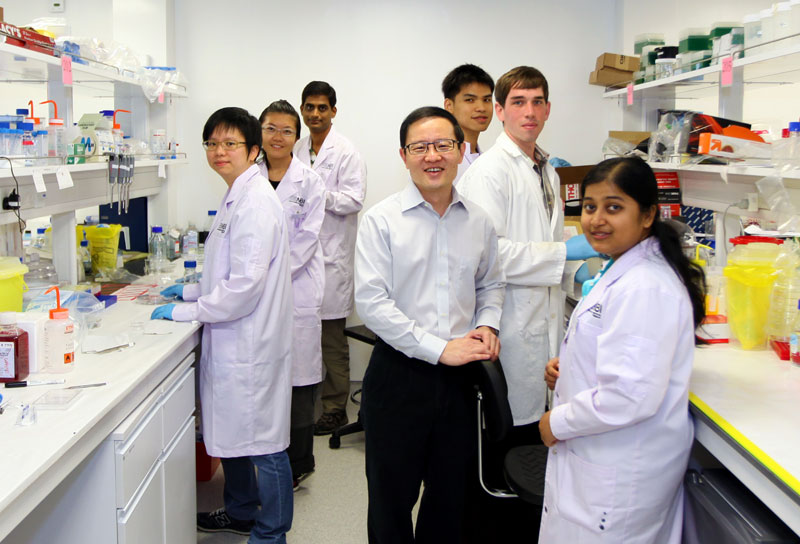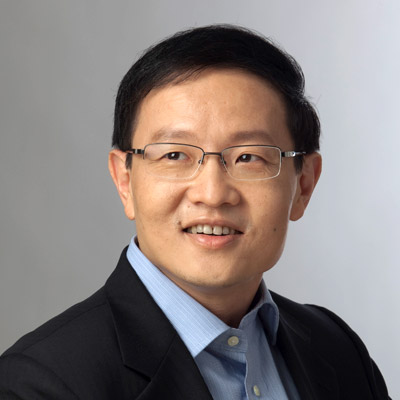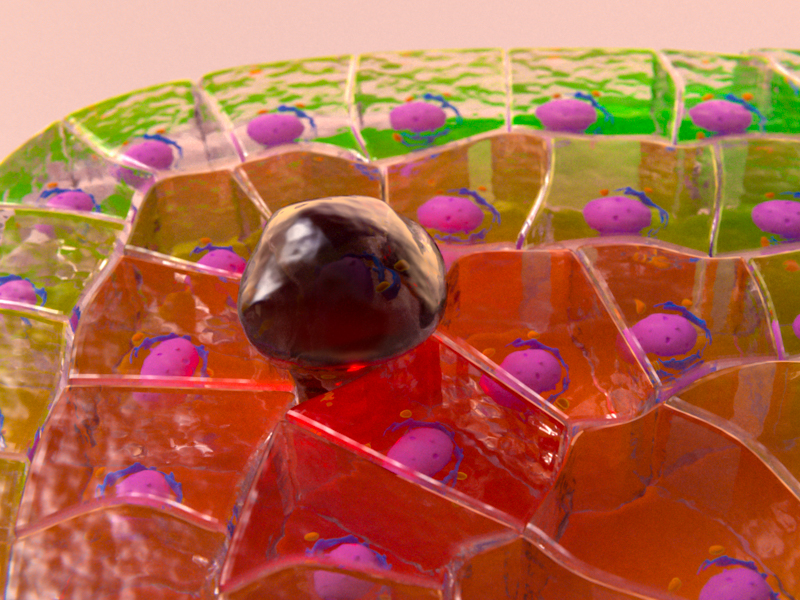Professor Lim Chwee Teck and team awarded the Human Frontier Science Program Research Grant
MBI SCI COMS | MARCH 2018
An international team of scientists, led by Prof Lim Chwee Teck from the National University of Singapore has been awarded the Human Frontiers Science Program (HFSP) Research Grant for their proposed research on using an interdisciplinary, combinatorial approach for studying the dynamics of collective cell migration on curved surfaces.

Prof Lim Chwee Teck with members of his lab at the Mechanobiology Institute, National University of Singapore.
Professor Lim, who is an NUS Society Chair Professor at the Department of Biomedical Engineering and a Principal Investigator at the Mechanobiology Institute, National University of Singapore, is the lead investigator of this research proposal.
Other members of the award-winning team include Dr. Delphine Delacour from the Department of Cell Adhesion and Mechanics, Institut Jacques Monod-CNRS, France, Associate Professor Kim Deok-Ho, Department of Bioengineering, University of Washington, and Prof Jacques Prost, Emeritus Research Director, Institut Curie, France.
Prof Lim and team aim to shed light on the mechanistic details underlying organism development and tissue repair.
The HFSP Research Grants provide funding support to innovative, frontier research projects in life sciences that employ cutting-edge scientific and technological methodologies to study highly complex mechanisms in living organisms. The award specifically recognizes and encourages collaborative, interdisciplinary research involving scientists from various countries or across different continents.
Professor Lim and team, who were among 23 awardees selected from as many as 770 initial applicants, proposed a novel, multi-dimensional approach for studying the impact of surface curvature on tissue-level processes such as collective cell migration. Their research would involve: fabricating microstructures with defined topographies and extracellular matrix patterns; identifying the role of biomolecular components in mediating collective cell migration on curved geometries; developing computational tools to quantitate mechanical parameters that influence tissue dynamics; developing theoretical models that could guide future research in this field. Through their research, Prof Lim and team aim to shed light on the mechanistic details underlying organism development and tissue repair, which could then be applied in formulating improved, effective approaches in tissue engineering and regenerative medicine.
MBI’s Professor Lim Chwee Teck was the lead PI for the winning application, which also included Delphine Delacour of the Institut Jacques Monod (IJM), MBI Visiting Scientist Jacques Prost and Deok Ho Kim of the University of Washington College of Engineering.
Tailoring treatment for cancer patients
—The Straits Times, published March 29, 2018.
About Prof Lim’s research
Prof Lim’s lab focuses on developing microfluidic technologies for diagnosis and precision therapy for human diseases such as malaria and cancer. The lab aims to address important scientific and biomedical problems using interdisciplinary approaches, develop innovative solutions and translate them for biological and healthcare applications. Their focused areas include mechanobiology of human diseases and development of mechanobiologically inspired platforms in microfluidics, tunable nanomaterials and flexible wearable devices to better detect, diagnose and treat diseases as well as enable precision medicine.
About the Human Frontier Science Program
The Human Frontier Science Program (HFSP) funds research at all levels of biological complexity from biomolecules to the interactions between organisms. Key elements of HFSP’s mission are: support for innovative, cutting edge research at the frontiers of the life sciences, encouragement of high risk research, promotion of international collaboration in the spirit of science without borders, and support for financial and intellectual independence for early career researchers.







